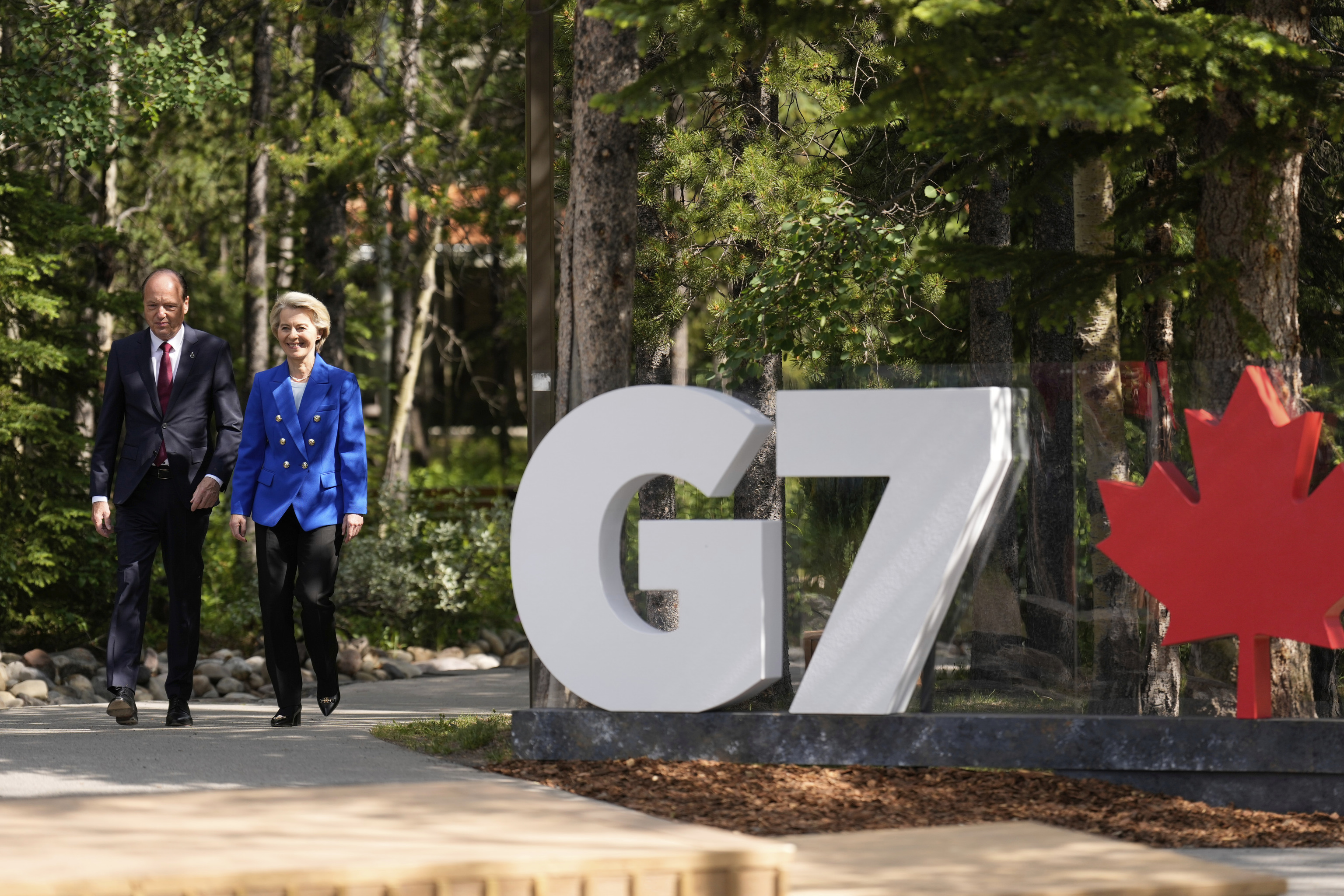"When intelligence services warn of the possibility of aggression, preparing to defend peace becomes a priority." Defense Commissioner Andrius Kubilius included this warning yesterday in the presentation of the Defense omnibus package unveiled by the EU. He once again alerted European citizens that Vladimir Putin is still preparing for a possible attack on the EU. In fact, in a second intervention, he was even more specific: "In the next three or four years, a Russian aggression is possible."
Kubilius was very direct and firm in a warning that is still viewed with some distance in Western Europe. However, in Brussels and especially in countries closer to Russia, the fear is very real. That is why the Commission continues to advance its measures to facilitate rearmament with very specific actions like those presented yesterday. For example: reducing the permit granting period to just 60 days for Defense projects or facilities from the "four or five years" that some countries currently take, as explained by the Defense Commissioner.
"In our consultations, it was made very clear to us that the most important thing is to expedite the permit process. This is the number one complaint from both the Armed Forces and suppliers," emphasized Kubilius, specifying that if there is no response from the Administration after 60 days, the project will be considered approved.
Additionally, a "single point of contact will be established for the Defense industry in each Member State" with the same goal of streamlining projects. Environmental criteria related to military development will also be relaxed. "We want our chemical legislation to take Defense into account, as Defense preparedness depends on chemicals for explosives and ammunition," the text points out, which would allow for greater flexibility in the use of these materials.
Linked to this, the Commission also aims to "end disputes over ESG criteria," which establish sustainable investments and limit spending in certain military areas. "Defense is compatible with sustainability criteria, like any other sector," the document adds, attempting to eliminate the stigma surrounding this area.
"We want our Competition rules not to hinder our Defense preparedness. We provide clear guidance on how we will handle mergers and state aid in the Defense industry," added Kubilius, who, along with Commissioner for Economy Valdis Dombrovskis and Vice President for Technological Sovereignty, Security, and Democracy Henna Virkkunen, were responsible for presenting the omnibus package. A Lithuanian, a Latvian, and a Finn in key Defense-related positions. It does not seem that Ursula von der Leyen's choice was random.
"Because we are living in special times," Kubilius concluded. "As Mark Rutte famously said: We are not at war. But certainly, we are not at peace either. For the first time in a generation, the risk of a large-scale conventional attack in Europe has re-entered strategic calculations. And our own Defense and deterrence preparation is not sufficient; in terms of current capabilities, we are far behind what is needed to fulfill NATO's defense plans."
